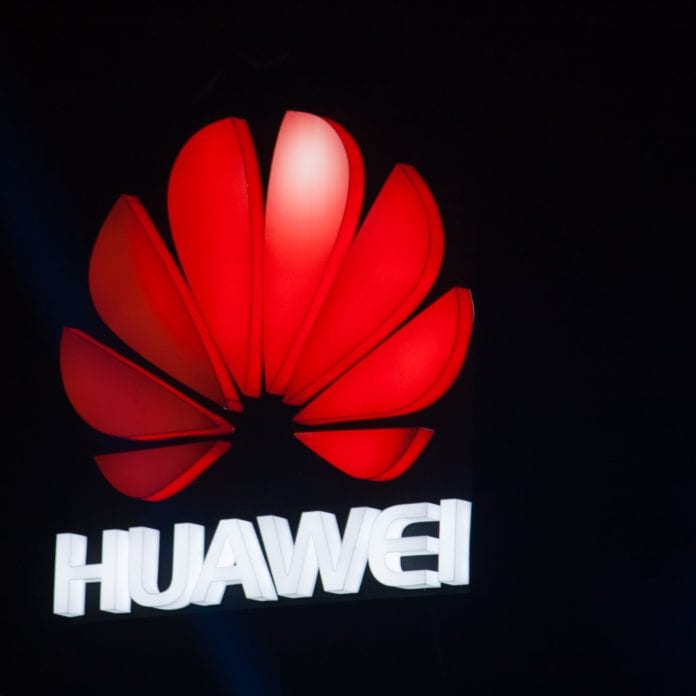Huawei Technologies Rotating Chairman Guo Ping said that “survival” would be the company’s key objective for 2020 as the U.S. government recently moved to further restrict the Chinese telecom manufacturer’s access to semiconductors.
“Huawei is capable of designing some products, but we are not able to do a lot of other things. Currently, the priority for Huawei is to seek survival. Survival is the key word for us at present,” Guo said during a presentation during the Huawei Analyst Summit in Shenzhen.
“Over the past year, many technologies became unavailable to us. Despite this, Huawei struggled to survive and is striving to move forward,” the executive added.
The entity listing has significantly impacted Huawei’s business in the last year. Compared with the vendor’s original business plan, there was a gap of $12 billion in revenue. Fourth quarter growth was also impacted, and it has become more difficult for Huawei to win contracts, according to the executive.
Guo also explained that the company is currently studying the latest restrictions imposed by Washington, and expressed confidence that Huawei will find a solution to these restrictions soon.
However, he said that it was not possible to provide a financial forecast for full 2020 due to uncertainties and other matters.
The executive also noted that Huawei’s supply chain and operations had not experienced any disruption due to lower sales.
“Today the world is an integrated collaborative system. The trend of globalization shouldn’t and will not likely be reversed. Fragmented standards and supply chains benefit no one, and further fragmentation will have a severe impact on the entire industry,”Guoa dded.
On Friday the U.S. Department of Commerce (DoC) announced new regulations forcing semiconductor manufacturer outside of the U.S. to obtain a special license in order to sell chips to Huawei if U.S. technology is used at any stage of the production cycle.
The new rule specifically targets Huawei’s in-house chip design unit, HiSilicon, which uses software developed by U.S. companies to design chips.
The new restrictions imposed by the U.S. also could negatively impact Huawei’s partnership with Taiwan Semiconductor Manufacturing Corp (TSMC).
According to Nikkei Asian Review, TSMC has already halted taking further orders from the Chinese vendor due to the new restrictions.
The Bureau of Industry and Security (BIS) of the U.S. Department of Commerce said that a waiver will be granted for items already in production as of May 15, provided that they are shipped within 120 days. However, as CNBC reported, there is no indication that BIS will actually provide such licenses.

